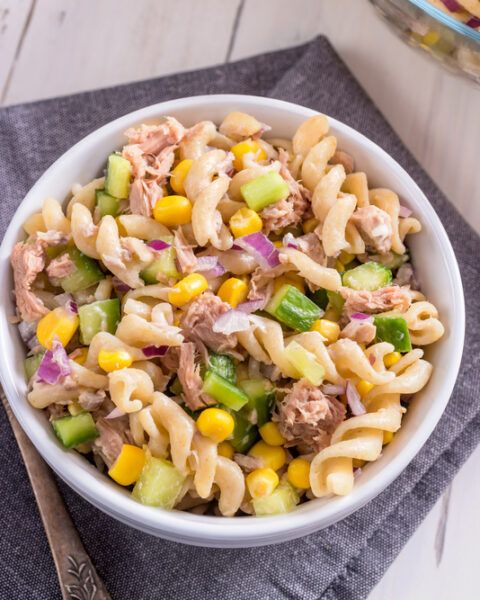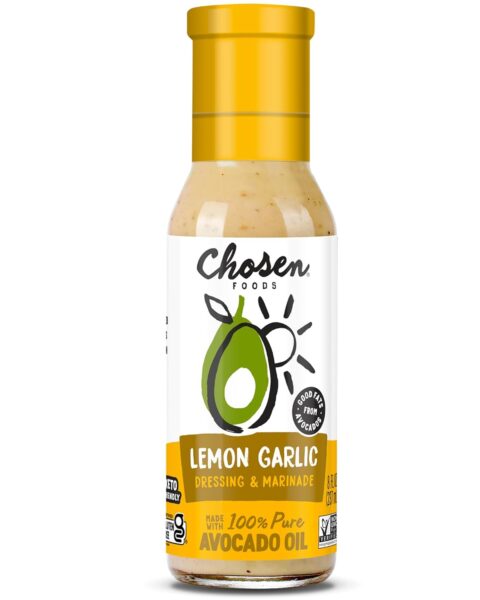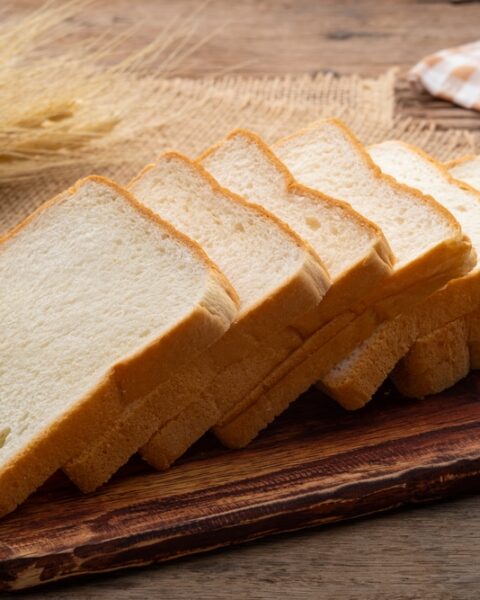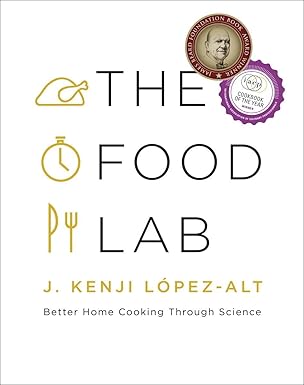Eating a vegetarian diet doesn’t mean you have to miss out on protein. In fact, there are plenty of plant-based foods that are packed with protein, making it easy to meet your nutritional needs without any meat. Whether you’re already vegetarian, thinking about making the switch, or just looking to add more plant-based meals to your diet, there are many delicious and versatile options to choose from.
Contents
- 1 Tempeh
- 2 Lentils
- 3 Edamame
- 4 Tofu
- 5 Greek Yogurt
- 6 Chickpeas
- 7 Quinoa
- 8 Black Beans
- 9 Chia Seeds
- 10 Almonds
- 11 Seitan
- 12 Peanuts
- 13 Hemp Seeds
- 14 Pumpkin Seeds
- 15 Cottage Cheese
- 16 Green Peas
- 17 Oats
- 18 Spirulina
- 19 Broccoli
- 20 Amaranth
- 21 More From RetailShout
- 22 Top 22 Superfoods for a Stronger Immune System
- 23 15 Italian Foods To Eat When Traveling Around Italy
Tempeh

Tempeh is a fermented soybean product with a firm texture and nutty flavor. It can be used in stir-fries, salads, or as a meat substitute in sandwiches. One cup of tempeh provides around 31 grams of protein. Its versatility makes it a staple in vegetarian and vegan diets.
Lentils
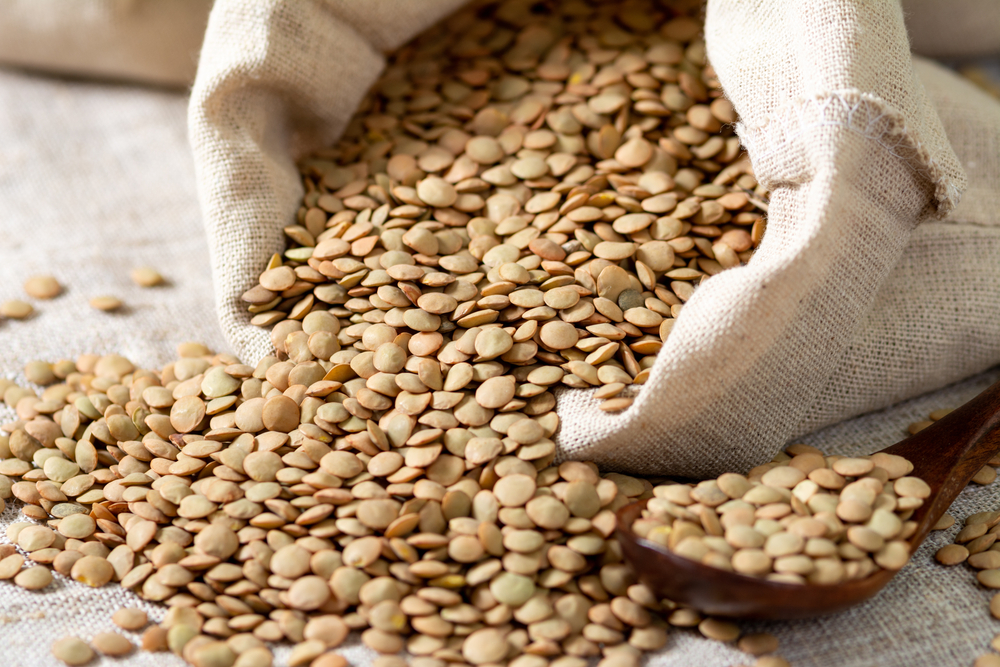
Lentils are legumes that come in various colors, including red, green, and brown. They are commonly used in soups, stews, and salads. A cup of cooked lentils contains approximately 18 grams of protein. Their quick cooking time and nutrient density make them a favorite for many vegetarians.
Edamame

Edamame are young soybeans often served in their pods as a snack or appetizer. They can be boiled or steamed and sprinkled with salt for a simple treat. One cup of edamame offers about 17 grams of protein. Their mild flavor and high protein content make them a great addition to meals.
Tofu
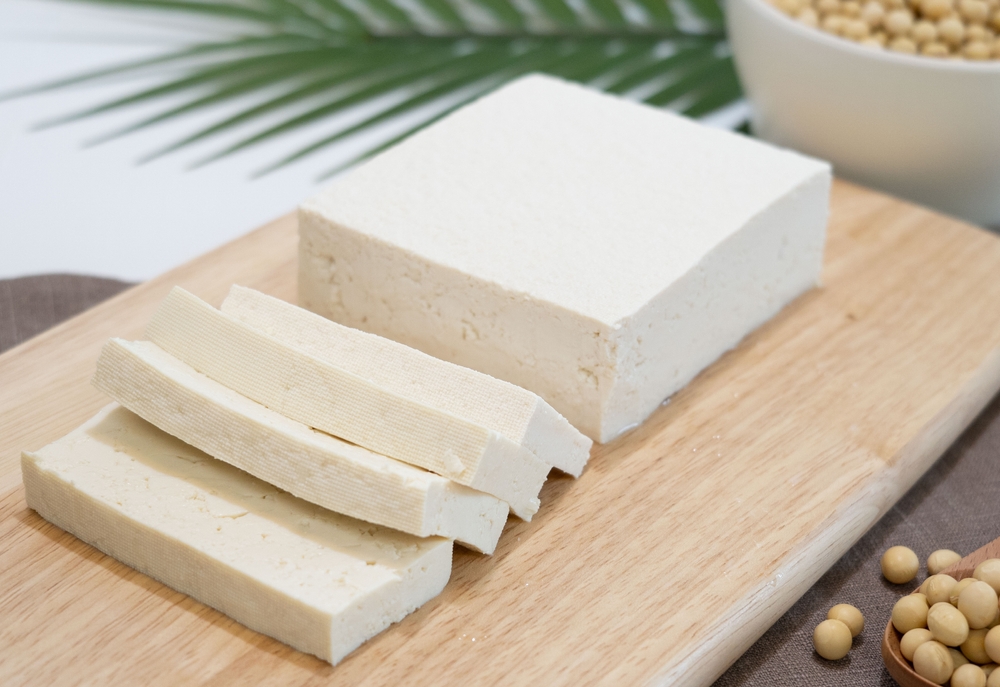
Tofu, made from soybeans, has a soft texture and absorbs flavors well. It can be used in a variety of dishes, from stir-fries to smoothies. A half-cup serving of tofu provides around 10 grams of protein. Its versatility and nutrient profile make it a go-to protein source.
Greek Yogurt
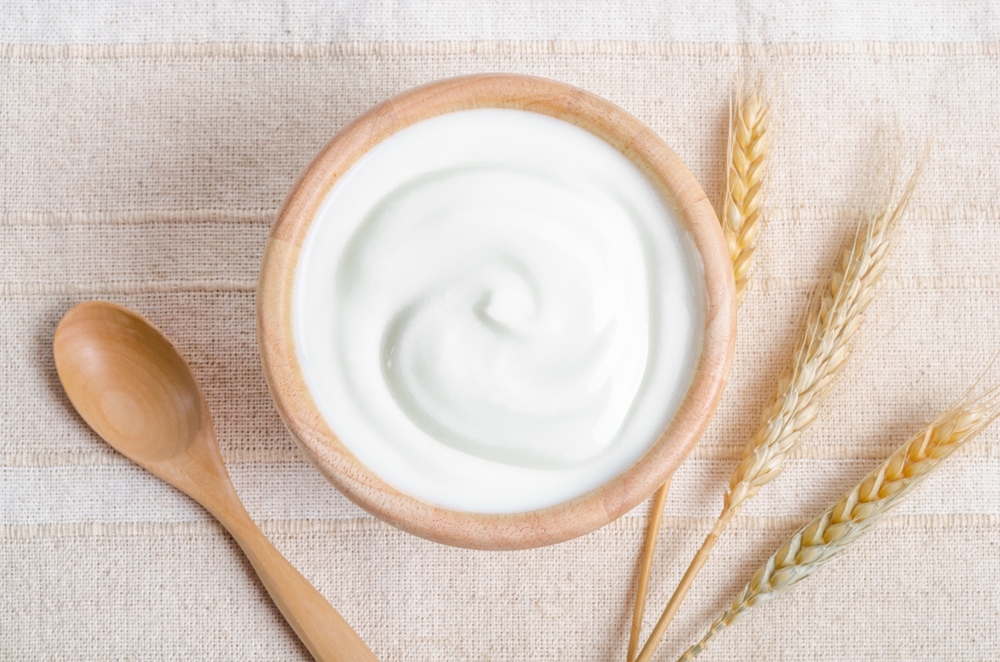
Greek yogurt is a thick, creamy dairy product that is rich in protein. It can be enjoyed plain, with fruits, or used in smoothies and desserts. One cup of Greek yogurt contains about 10 grams of protein. Its high protein and probiotic content benefit gut health and muscle repair.
Chickpeas
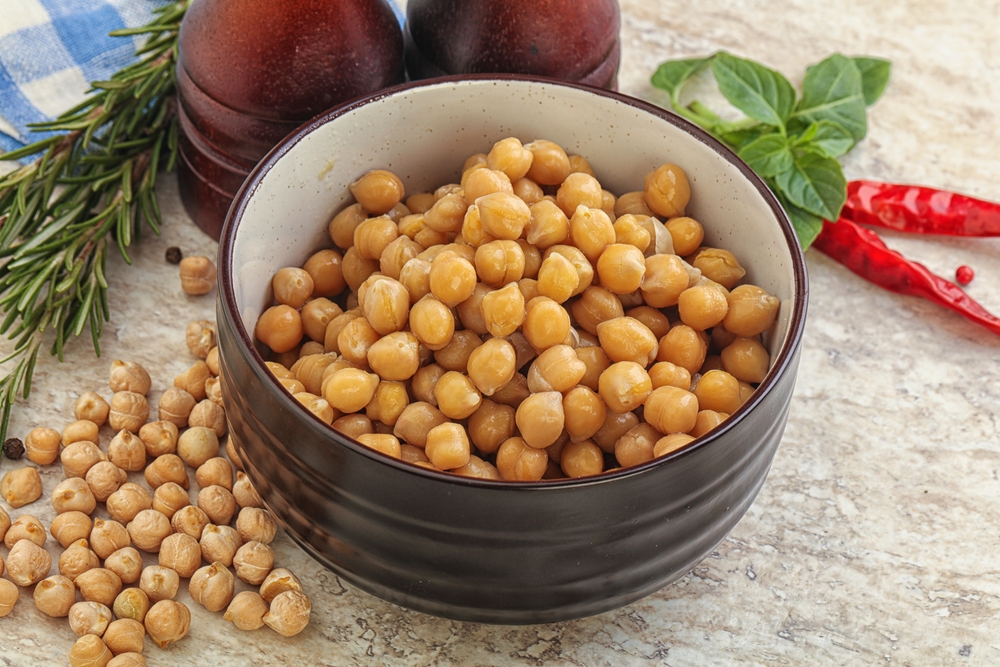
Chickpeas, also known as garbanzo beans, are a versatile legume used in dishes like hummus and curries. They can also be roasted for a crunchy snack. A cup of cooked chickpeas has approximately 15 grams of protein. Their rich texture and nutritional value make them popular in various cuisines.
Quinoa

Quinoa is a grain-like seed that is a complete protein, containing all nine essential amino acids. It can be used as a base for salads, side dishes, or even breakfast bowls. One cup of cooked quinoa provides 8 grams of protein. Its nutty flavor and high nutrient content make it a nutritious choice.
Black Beans

Black beans are legumes with a dense texture and slightly sweet flavor. They are often used in soups, stews, and salads. A cup of cooked black beans offers about 15 grams of protein. Their fiber and protein content make them filling and beneficial for digestive health.
Chia Seeds

Chia seeds are tiny seeds that swell and form a gel-like consistency when soaked in liquid. They can be added to smoothies, yogurt, and baked goods. Two tablespoons of chia seeds contain around 4 grams of protein. Their high fiber and omega-3 fatty acid content make them a superfood.
Almonds
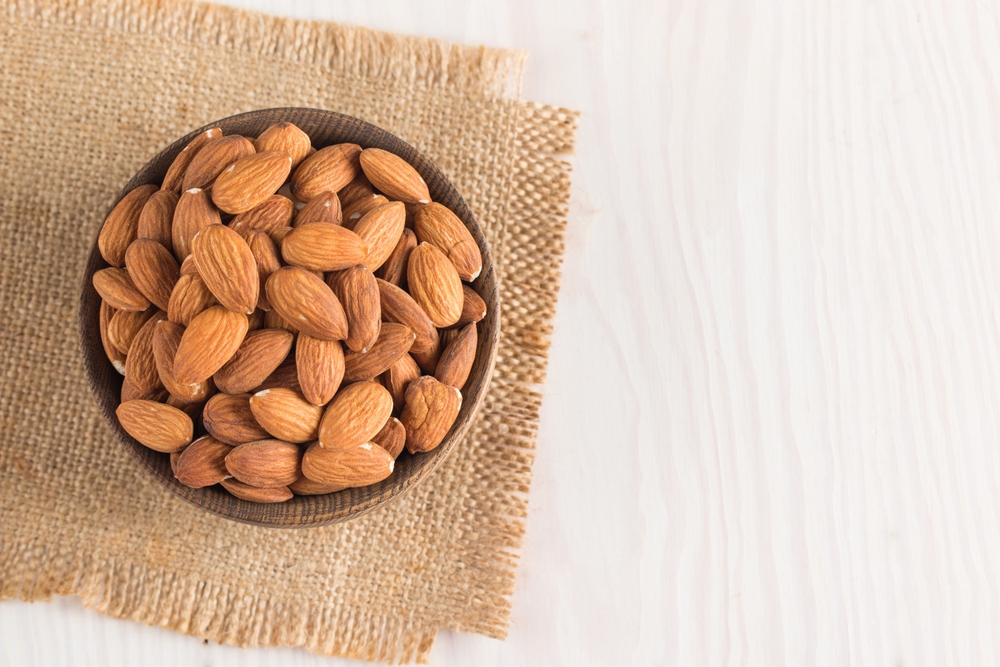
Almonds are nutrient-dense nuts that can be eaten raw, roasted, or used in almond butter. They are a popular snack and ingredient in many recipes. A quarter-cup serving of almonds provides about 6 grams of protein. Their healthy fats and protein make them a satisfying choice.
Seitan
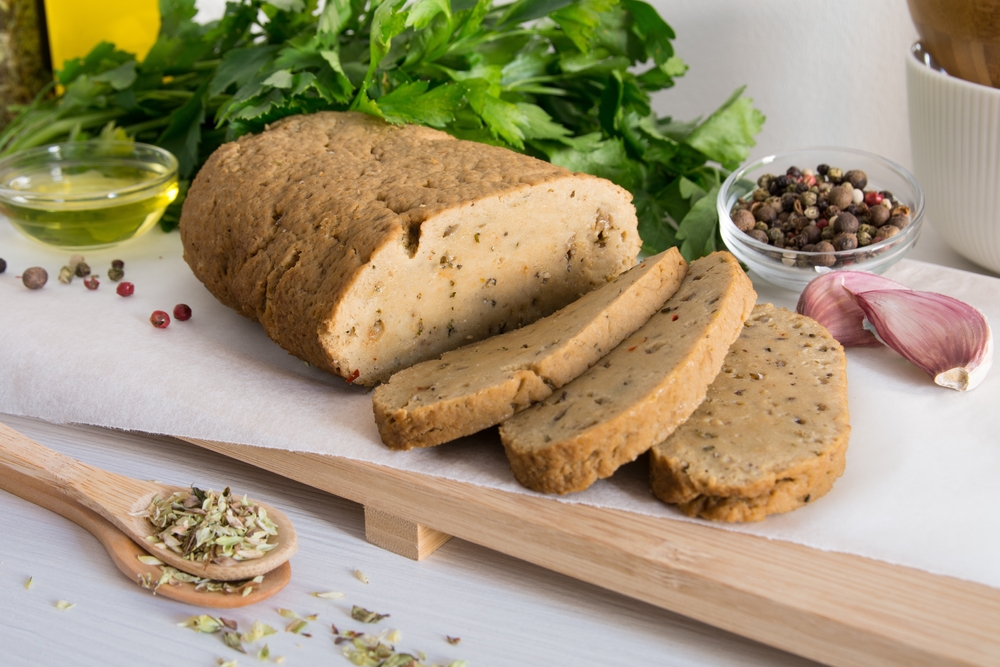
Seitan, also known as wheat gluten, is a high-protein meat substitute with a chewy texture. It can be used in stir-fries, sandwiches, and stews. A three-ounce serving of seitan contains around 21 grams of protein. Its texture and protein content make it a favorite among vegetarians.
Peanuts
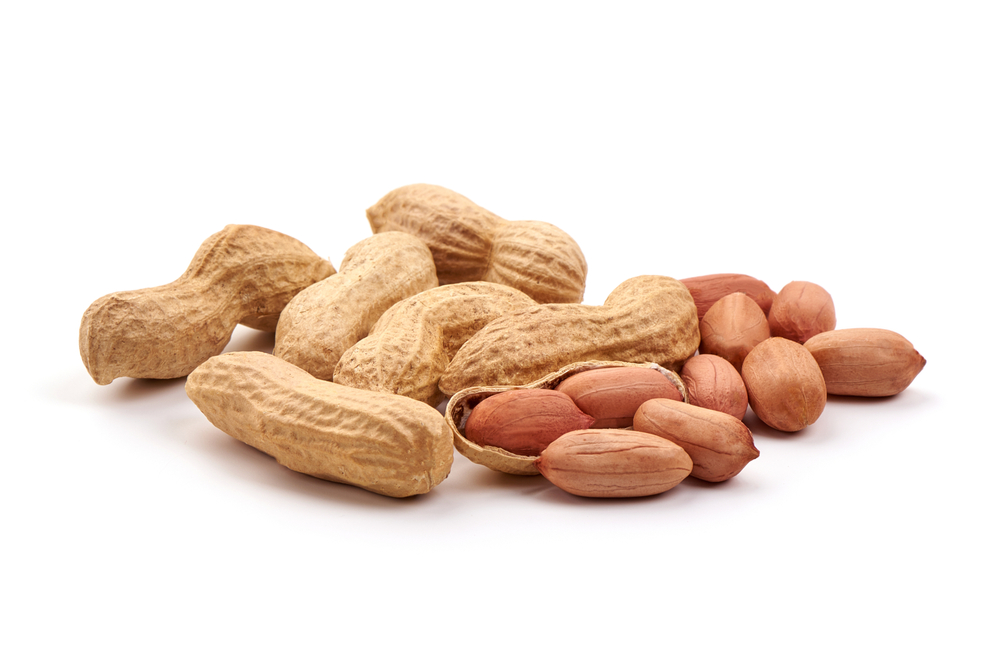
Peanuts, whether eaten whole or as peanut butter, are a protein-rich snack. They are used in various dishes, from sauces to desserts. A quarter-cup serving of peanuts offers about 9 grams of protein. Their combination of protein and healthy fats makes them a nutritious option.
Hemp Seeds
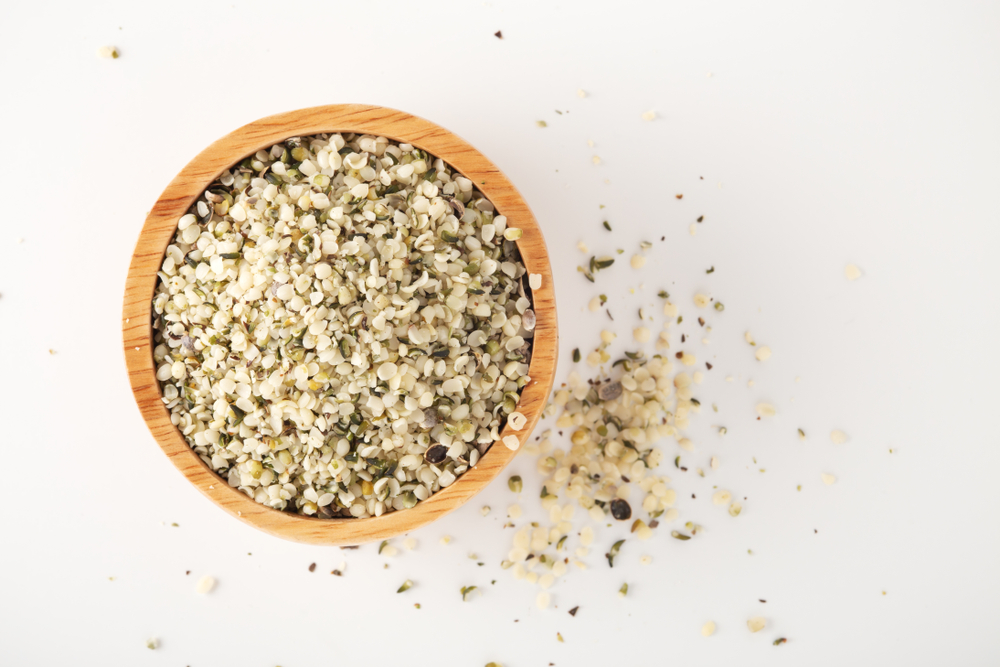
Hemp seeds are small, nutty seeds that can be sprinkled on salads, yogurt, and cereals. Three tablespoons of hemp seeds provide about 10 grams of protein. Their high protein and omega-3 content make them beneficial for heart and brain health.
Pumpkin Seeds

Pumpkin seeds, also known as pepitas, can be eaten raw or roasted and added to salads and granola. A quarter-cup serving of pumpkin seeds contains about 8 grams of protein. Their high zinc and magnesium content also supports immune function and bone health.
Cottage Cheese
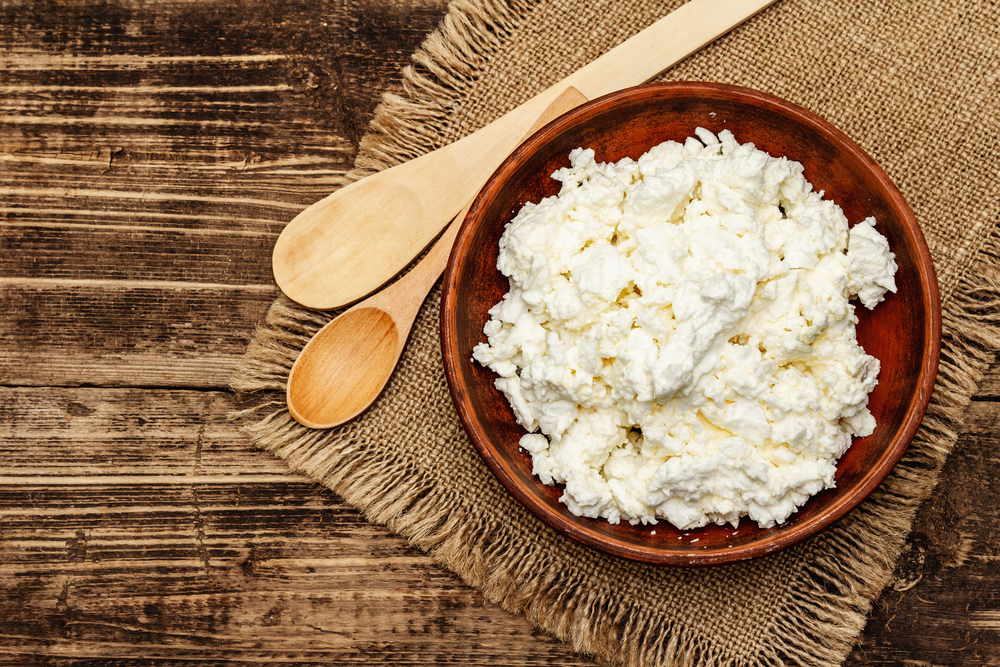
Cottage cheese is a soft, creamy cheese that can be eaten on its own or added to salads and snacks. One cup of cottage cheese provides around 25 grams of protein. Its high protein and calcium content make it a great option for muscle and bone health.
Green Peas
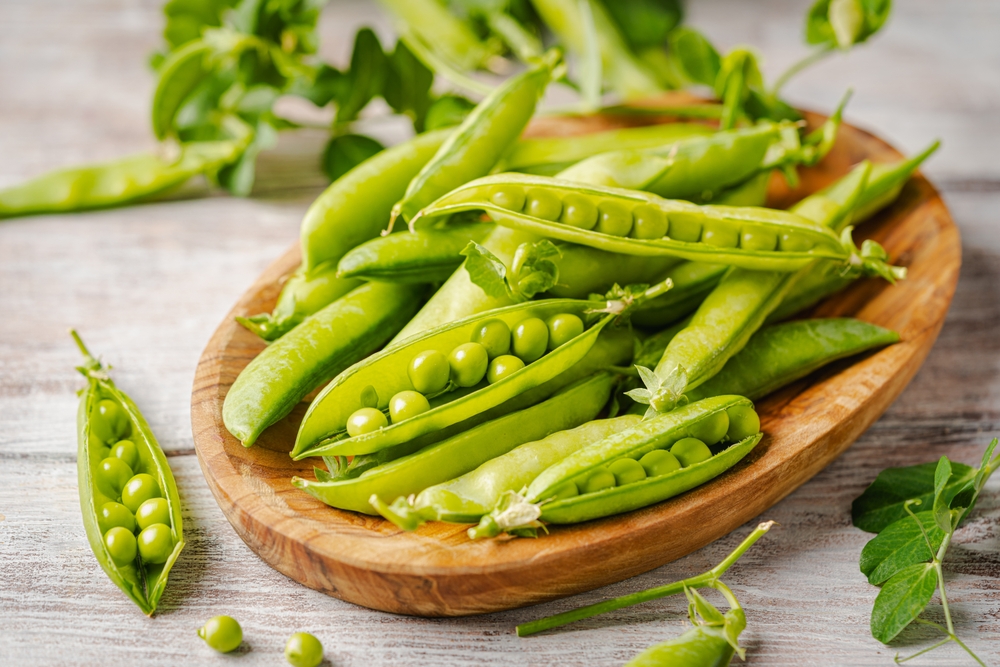
Green peas are a sweet, starchy vegetable that can be used in soups, stews, and salads. One cup of cooked green peas contains about 8 grams of protein. Their high fiber and vitamin content also contribute to overall health.
Oats
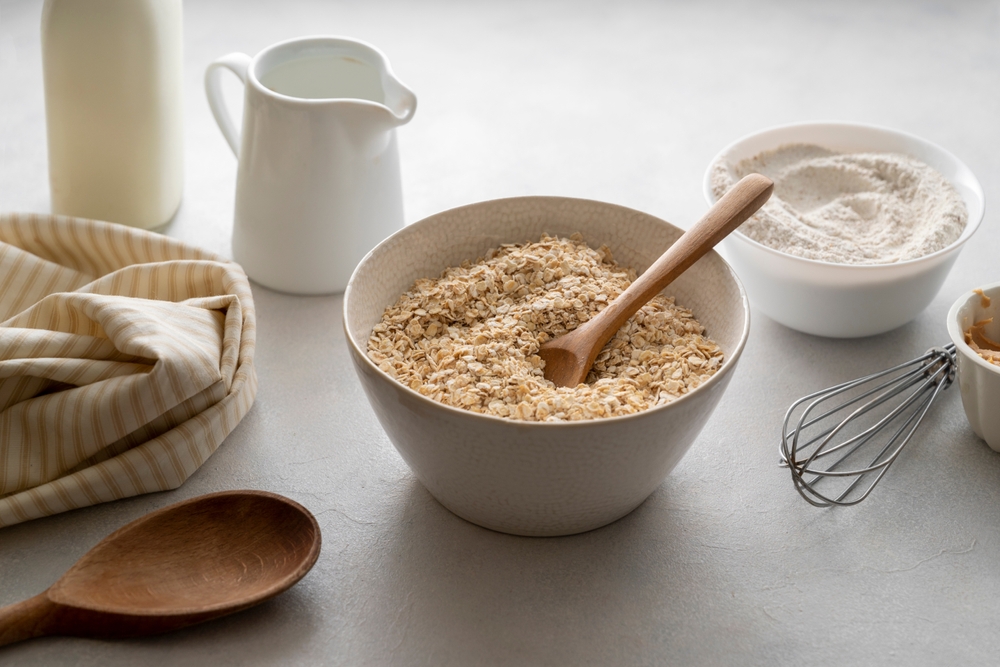
Oats are a whole grain that can be used to make oatmeal, granola, and baked goods. One cup of cooked oats provides around 6 grams of protein. Their soluble fiber content helps with digestion and heart health.
Spirulina

Spirulina is a blue-green algae that can be added to smoothies, juices, and energy bars. One tablespoon of spirulina contains about 4 grams of protein. Its high protein and nutrient density make it a powerful superfood.
Broccoli

Broccoli is a cruciferous vegetable that can be steamed, roasted, or eaten raw in salads. One cup of chopped broccoli offers about 3 grams of protein. Its high fiber, vitamin C, and antioxidant content make it a nutritious addition to any diet.
Amaranth
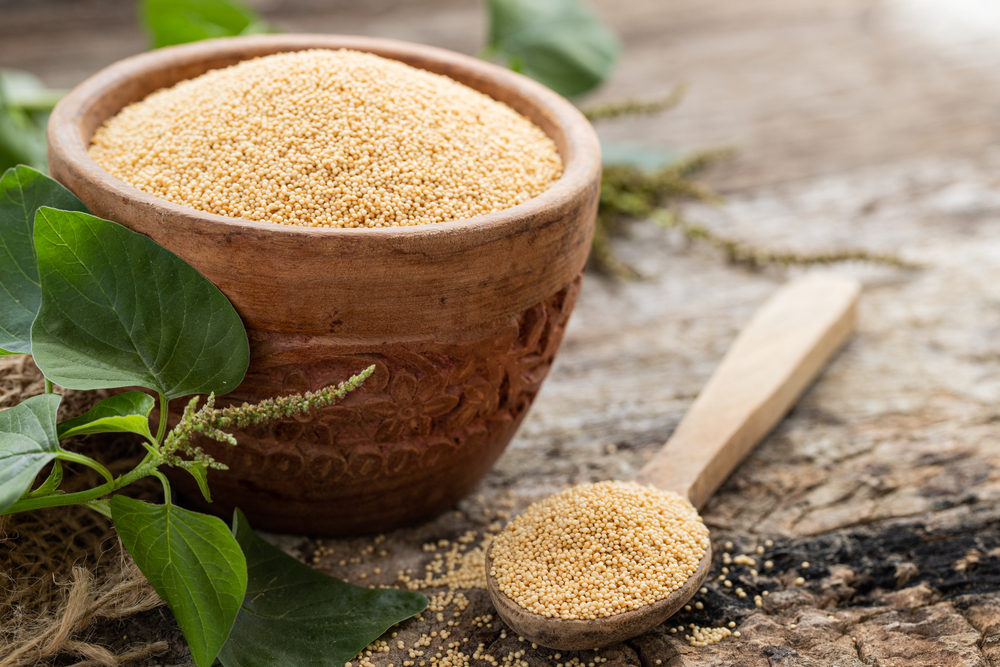
Amaranth is an ancient grain that can be used as a side dish or added to soups and stews. One cup of cooked amaranth provides about 9 grams of protein. Its high protein and mineral content make it a valuable addition to a vegetarian diet.
This article originally appeared on RetailShout
More From RetailShout
20 Vegetarian Recipes That Even Meat Lovers Will Love

You know, sometimes it’s fun to switch things up and try out some vegetarian dishes, even if you’re a die-hard meat lover. These vegetarian dishes are so packed with flavor and texture, even the most devoted meat lovers will be asking for seconds. Read More.
Top 22 Superfoods for a Stronger Immune System
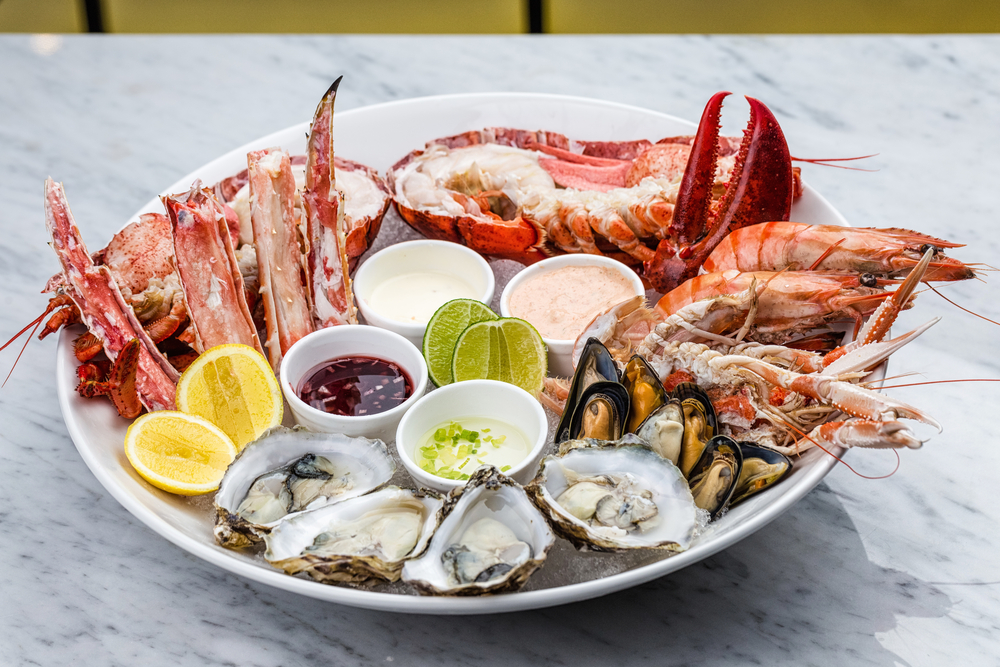
Adding certain superfoods to your diet can make a big difference in staying healthy. These foods are packed with essential vitamins, minerals, and antioxidants that help your body fend off illnesses. Read More.
15 Italian Foods To Eat When Traveling Around Italy
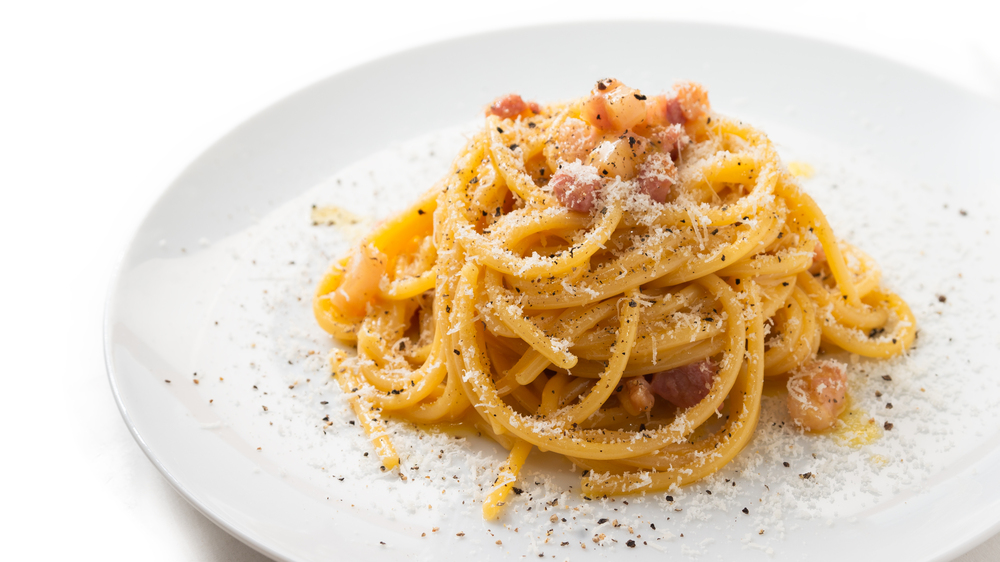
Exploring Italy isn’t just about the breathtaking landscapes and historic sites; it’s also about indulging in the country’s incredible culinary offerings. Each region has its specialties, showcasing Italy’s diverse and delicious food culture. Read More.

